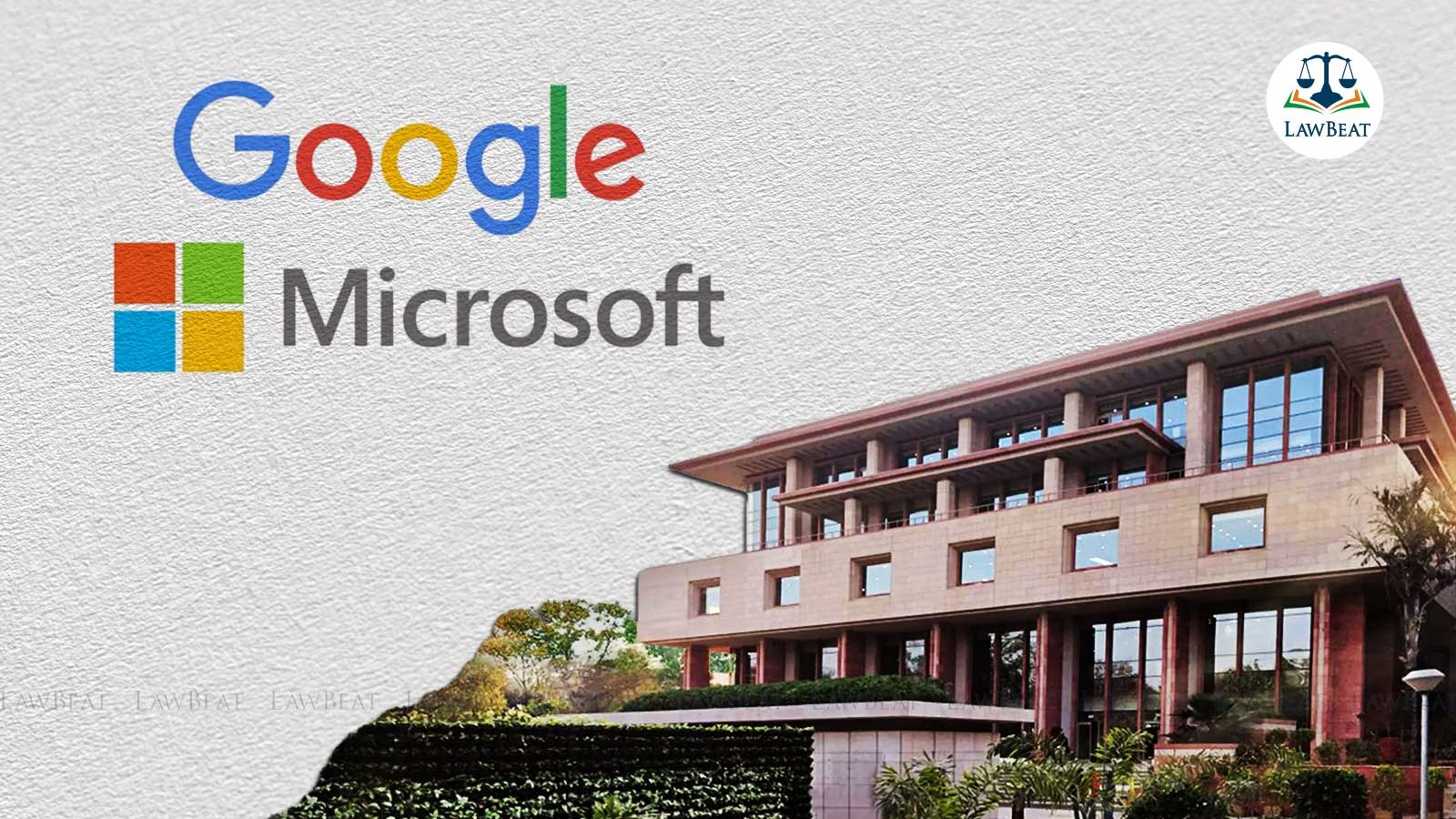'File Review Against Order For Removal Of Non-Consensual Intimate Images': Delhi HC Suggests Google, Microsoft

A single judge bench had directed the search engines to remove non-consensual intimate images without requiring victims to repeatedly seek legal intervention for its removal
The Delhi High Court, on Thursday, directed Google and Microsoft to submit a review petition. The directive stemmed from an order issued by Justice Subramonium Prasad on April 26, 2023, which mandated search engines to actively eliminate non-consensual intimate images (NCII) from the internet, even in the absence of specific URLs.
The bench headed by Acting Chief Justice Manmohan with Justice Manmeet Pritam Singh Arora presided over the matter. The directive by the division bench came after Google provided clarification regarding the functionality of its AI system in identifying and removing such images. They argued that complying with the directives outlined in the single judge's ruling exceeded their current technological capabilities. They maintained that even with the assistance of Artificial Intelligence (AI) tools, accomplishing this task was unfeasible due to imperfections in the technology.
Senior Advocate Arvind Nigam, representing Google, underscored the limitations of AI algorithms, stressing that what might appear identical to human perception could be inaccurately identified by automated processes.
Similarly, Senior Advocate Jayant Mehta, representing Microsoft, recognized the evolving nature of technology but emphasized that the current stage of development did not enable the removal of NCII images without specific URLs.
Acknowledging the challenges posed by the technology, the division bench encouraged the search engines to present their arguments before the single judge. They reassured Microsoft and Google that they could not be compelled to undertake an impossible task and suggested that they file a review petition to request the reconsideration of the relevant portion of the judgment.
The bench deemed it appropriate for the appellants to seek a review and present their case before the single judge. They also stressed that any delay in filing the review petitions should not result in their dismissal.
Microsoft and Google had contested the order issued by Justice Subramonium Prasad. In his comprehensive judgment, Justice Prasad cautioned social media intermediaries that deviating from the specified timeframe under the Information Technology Rules (IT Rules) for removing non-consensual intimate content could lead to the loss of their liability protection.
Justice Prasad affirmed that search engines possessed the necessary technology to remove NCII content without requiring victims to repeatedly seek legal intervention for its removal. He argued that search engines could not claim helplessness in removing or restricting access to links containing illegal content.
Case Title: Google LLC v Mrs X (LPA-373/2024)
